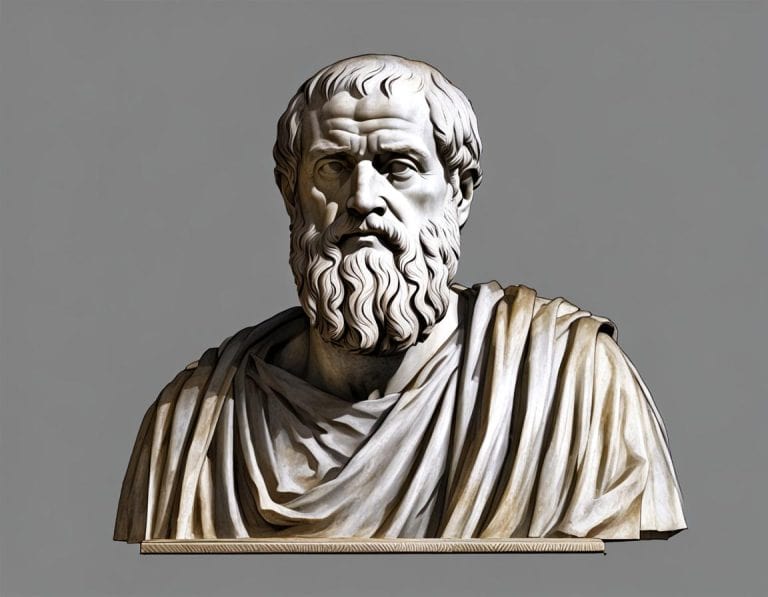Introduction
Plato’s Timaeus presents a vision of the cosmos as a living, rational entity governed by divine order and harmony. While not traditionally considered an environmental philosopher, Plato’s ideas offer insights into ethical relationships between humans and nature. By portraying the universe as an interconnected system designed by a divine craftsman, the Timaeus suggests that human actions should align with the natural order rather than disrupt it. This article explores how Plato’s cosmology and ethical principles can inform modern environmental thought.
The Cosmos as a Living Entity
In the Timaeus, Plato describes the universe as a single, living organism created by the Demiurge with mathematical precision and purpose. This holistic view implies that nature is not merely a resource for human exploitation but a structured system deserving respect. Modern environmental ethics echoes this perspective, emphasizing the intrinsic value of ecosystems and the need for sustainable practices that maintain natural balance.
Harmony and Human Responsibility
Plato’s philosophy underscores the importance of harmony between human activities and the cosmic order. The Timaeus suggests that just as the Demiurge fashioned the cosmos with care and wisdom, humans should govern their surroundings with similar prudence. Ethical environmental stewardship, therefore, can be seen as a moral obligation rooted in Plato’s broader vision of justice and balance. This idea resonates with contemporary movements advocating for ecological responsibility and sustainable development.
Plato’s Relevance to Contemporary Environmental Ethics
Although Plato lived in a vastly different era, his emphasis on order, balance, and respect for natural structures aligns with modern ecological concerns. The notion that human actions should reflect the rationality of the cosmos can inform ethical approaches to climate change, conservation, and biodiversity. By revisiting Platonic principles, contemporary societies can draw wisdom from ancient philosophy to address urgent environmental challenges.
Plato’s Timaeus provides a framework for thinking about environmental ethics through the lens of cosmic harmony and rational order. His vision of the universe as a living, interconnected system suggests that human responsibility extends beyond personal or societal interests to include the well-being of the natural world. As modern environmental crises demand thoughtful and sustainable solutions, Plato’s insights offer a timeless foundation for reimagining our ethical relationship with nature.
